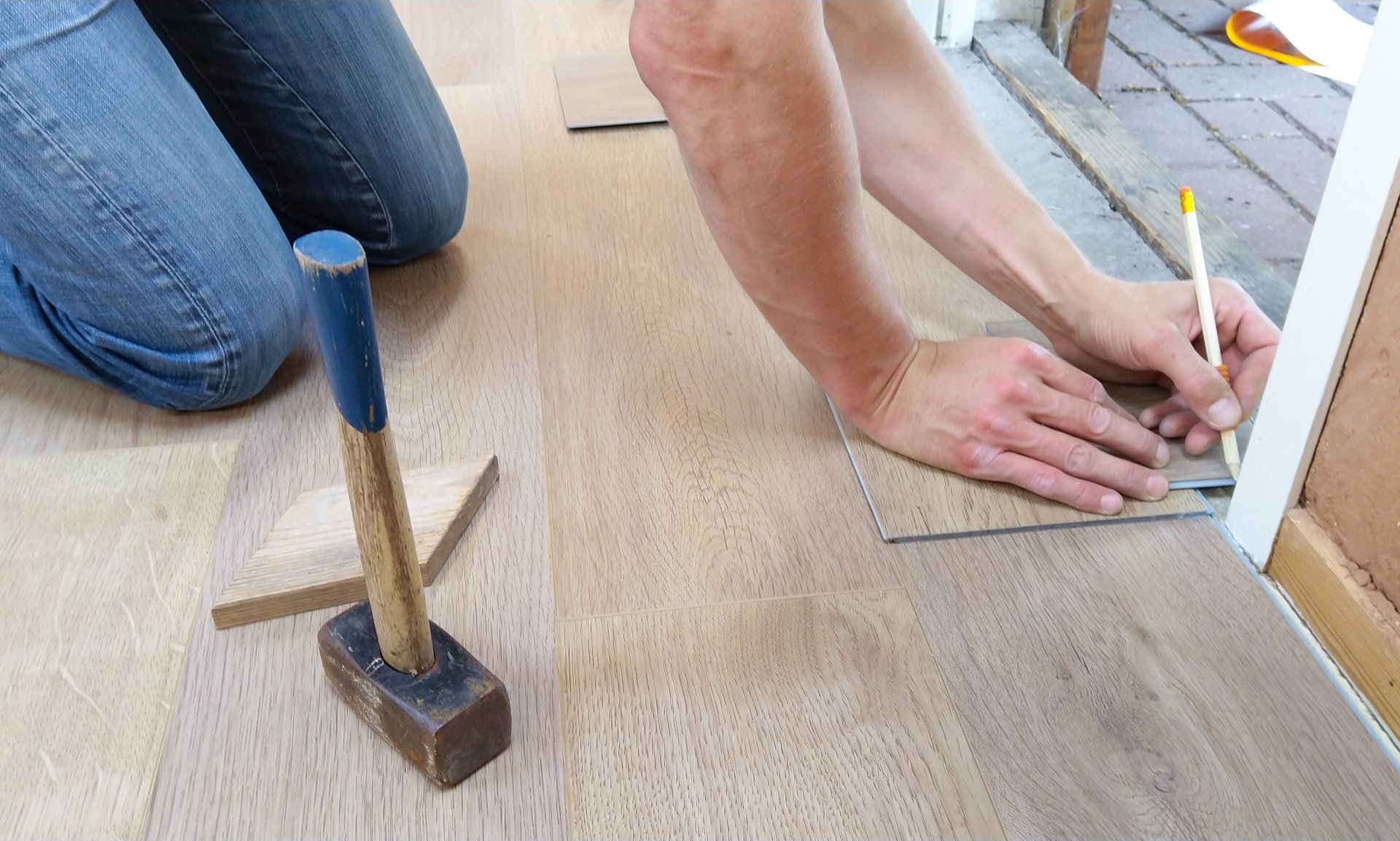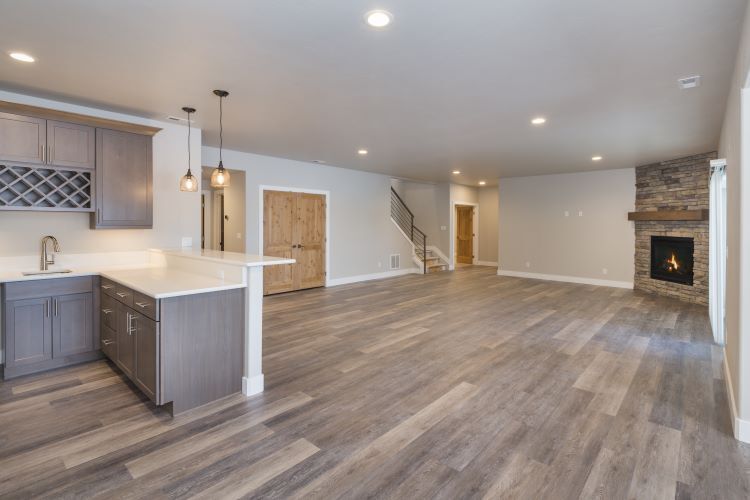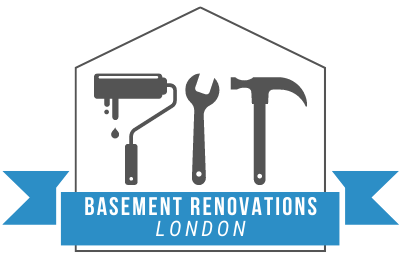Things to Consider When Finishing your Basement Floor

Are you considering finishing your basement and transforming it into a functional and inviting living space? One of the most important decisions you'll need to make is choosing the right flooring. At Basement Renovations London, serving the London, Ontario area, we understand the significance of selecting the perfect basement flooring material. In this article, we'll explore the key factors to consider when finishing your basement floor and weigh the pros and cons of various flooring options.
Things to Consider in Finishing Your Basement Floor:
- Moisture Resistance: Basements are prone to moisture and humidity, making it essential to choose flooring materials that can withstand these conditions without warping, buckling, or developing mold and mildew.
- Durability: Basements often serve multiple purposes, from entertaining spaces to home offices or gyms. Selecting a durable flooring material that can withstand heavy foot traffic and potential impacts is crucial for long-term performance.
- Insulation: Basements tend to be cooler than upper levels of the home, so selecting flooring materials with insulating properties can help maintain a comfortable temperature and reduce energy costs.
- Installation: Consider the ease of installation and whether you'll need to hire professionals or if it's a DIY-friendly option. Some flooring materials may require special adhesives, underlayments, or subfloor preparations.
- Aesthetic Appeal: Choose flooring materials that complement your design style and enhance the overall aesthetic of your basement space. Whether you prefer a sleek modern look or a cozy rustic vibe, there are options to suit every taste.
Pros and Cons of Basement Flooring Materials:
- Vinyl Flooring:
Pros: Affordable, water-resistant, durable, easy to clean and maintain, available in a wide range of styles and colors.
Cons: Can be susceptible to scratches and dents, may emit volatile organic compounds (VOCs) from adhesives.
- Laminate Flooring:
Pros: Affordable, moisture-resistant, durable, easy to install, available in a variety of styles and finishes.
Cons: Prone to water damage if not properly sealed at seams, may not offer as much warmth or insulation as other materials.
- Carpet Tiles:
Pros: Soft and comfortable underfoot, insulating properties, easy to install and replace individual tiles, available in various colors and patterns.
Cons: Susceptible to moisture and mold if not adequately dried, may require frequent cleaning, can harbor allergens and odors.
- Engineered Wood Flooring:
Pros: Resembles the look of hardwood flooring, more resistant to moisture and temperature fluctuations than solid wood, durable and long-lasting.
Cons: Higher cost than some other options, may still be susceptible to water damage if exposed to prolonged moisture.
- Ceramic Tile Flooring:
Pros: Highly durable and water-resistant, easy to clean and maintain, available in a wide range of styles, colors, and sizes.
Cons: Can be cold and hard underfoot, installation may require professional expertise, grout lines may require periodic maintenance.
In conclusion, selecting the right flooring for your basement renovation project is crucial for creating a comfortable, functional, and visually appealing space. By considering factors such as moisture resistance, durability, insulation, installation ease, and aesthetic appeal, you can choose a flooring material that meets your needs and complements your design vision. For expert guidance and professional installation services, contact Basement Renovations London today and let us help bring your basement renovation dreams to life.
You might also like




